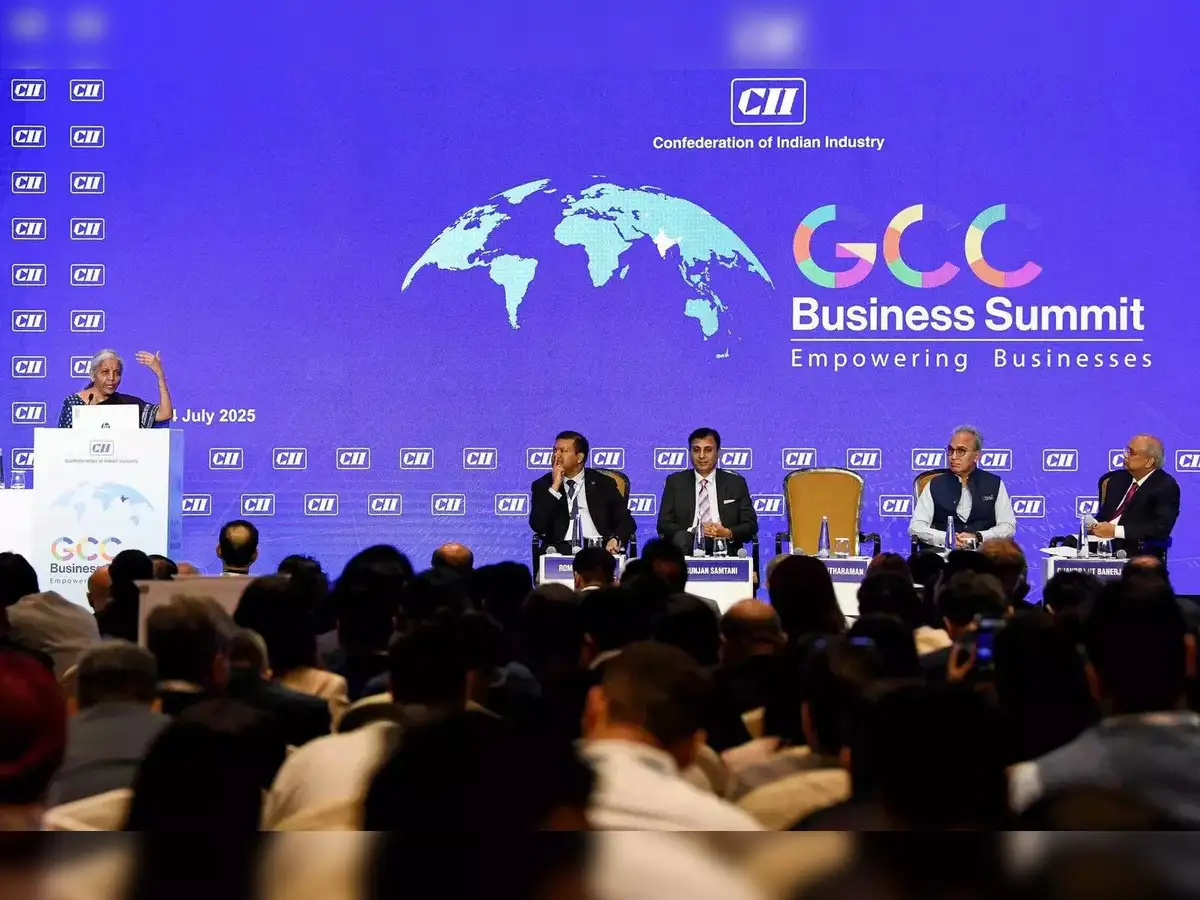

India is strategically aiming to broaden its Global Capability Centre (GCC) footprint beyond the top six metropolitan cities to foster greater inclusivity and regionally balanced growth. This initiative is spearheaded by the Ministry of Electronics and Information Technology (MeitY), which is developing a national framework to encourage the expansion of GCCs into Tier-2 and Tier-3 cities.
The Rationale Behind the Expansion
Several factors drive this push for decentralization. Firstly, it aims to distribute technological growth more evenly across the country, leveraging the potential of smaller cities to become new hubs of technological excellence. Secondly, expanding into these regions is expected to stimulate local economies by creating high-quality job opportunities, particularly in sectors like engineering, research and development, and product development. This, in turn, can lead to higher disposable incomes and increased economic activity within these communities. Thirdly, the initiative intends to curb the migration of talent to larger cities by providing quality employment opportunities locally.
MeitY Secretary S. Krishnan highlighted that GCCs fundamentally increase the number of higher quality jobs and improve job quality. These centers bring higher-order functions and tasks to India as part of the global value chain, fostering innovation and entrepreneurship.
The National Framework
MeitY is crafting a flexible national framework, rather than strict policies, to encourage GCC expansion across states. This framework aims to guide state governments in developing localized policies to attract and retain GCC investments by improving infrastructure, talent availability, and regulatory policies. It also seeks to simplify processes such as building regulations and foster stronger collaboration between government bodies and the private sector. An industry-led committee, including representatives from Nasscom, KPMG, Zinnov, ANSR, and Invest India, has been set up to guide the way forward, focusing on enhancing talent and infrastructure. The framework also intends to address regulatory and tax challenges to enhance the ease of doing business for GCCs in India.
Benefits for GCCs in Smaller Cities
Tier-2 and Tier-3 cities offer several benefits for GCCs, including reduced operational costs and improved staff retention. Cities like Coimbatore are emerging as new innovation hubs, offering competitive costs and lower attrition rates. These locations also provide access to a diverse talent pool and a thriving startup ecosystem, fostering innovation and partnerships.
India's Strong Position in the GCC Landscape
India currently hosts over 1,700 GCCs, employing approximately 1.9 million people and generating $64.6 billion in revenue. The sector is projected to grow to over 2,100 GCCs with a market size of $99 billion to $105 billion by 2030, employing 2.5 to 2.8 million professionals. This growth is fueled by India's large pool of technology professionals, specialized expertise, and a proactive policy framework. The country's "India GCC stack" – convergence of talent, technology readiness, and reliable policy framework – establishes it as the GCC capital of the world.
The Evolving Role of GCCs
GCCs in India are evolving from being cost-effective back-office operations to becoming centers of excellence and innovation. They are increasingly driving research and development, intellectual property creation, and global product ownership. Indian GCCs are also driving innovation in areas such as artificial intelligence, cybersecurity, cloud computing, and data analytics.
Examples of GCC Activity
Several companies are already expanding their GCC footprint in India. Infineon Technologies, a Germany-based semiconductor leader, has inaugurated a GCC at GIFT City in Gandhinagar, Gujarat. AstraZeneca has announced a fresh investment in its GCC in Bengaluru, adding new roles in IT, data analytics, and cybersecurity. Eisai Pharma is establishing a new GCC in Visakhapatnam, focusing on digital healthcare and pharma research. First Citizens BancShares has expanded its GCC in Bengaluru to support enterprise-wide functions. Ferguson Enterprises has established a GCC in Bangalore.